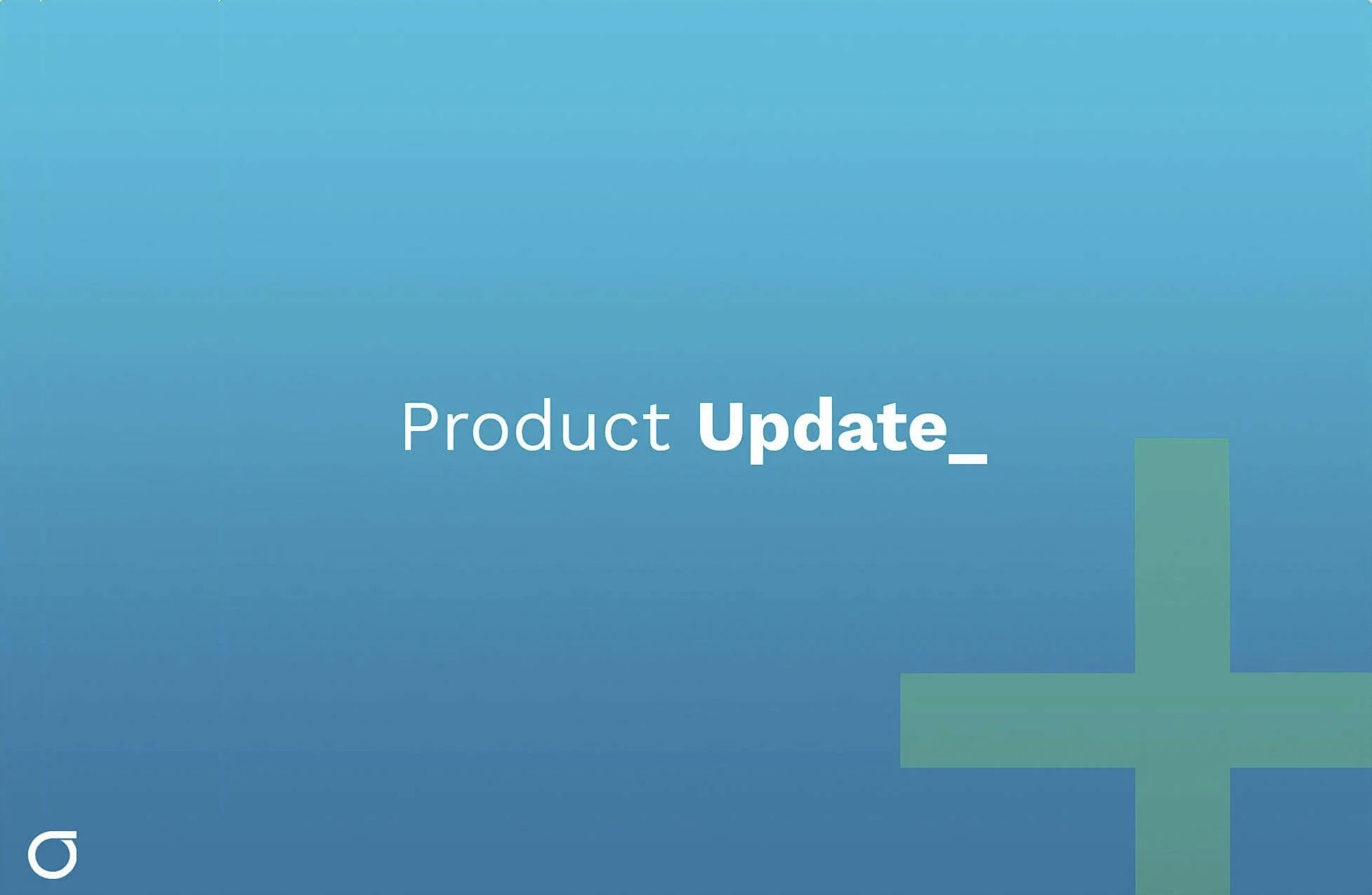Sigma Ratings is thrilled to have been named the Best Data Analysis Tool at the 6th Annual Benzinga Global Fintech Awards this week and “recognized for the change [we] are making in the financial space.” The announcement comes at a time when the industry is in dire need of a more innovative approach to compliance and investigations, one that harnesses the strides made by regulatory technology (regtech).
According to a recent survey published by the Association of Certified Financial Crime Specialists, “financial crime caseload productivity stagnated or worsened this year with investigators warning they need more adequate technology, training and investment to keep up with the criminals.” Notably, the survey discovered that 9 in 10 investigators “feel more investment is needed in open-source intelligence gathering capabilities to accelerate time to insight for investigations.”
Furthermore, as we highlighted in last month’s piece ‘Remote Control’, the combination of Covid-related fraud and remote work has seen a staggering 84% of financial crime investigators suggest that their compliance programs have become less effective. This may be cause for concern given that, prior to the pandemic, investigators were already spending between 60-70% of their time, on average, consumed by manual data collection processes across multiple systems to support their case investigations.
Can technology, and specifically comprehensive datasets and risk scoring, result in more effective and efficient investigations?
This question ties into the concept that we refer to at Sigma of “smart data” - the use of technology to shift from solely collecting data to using data to surface insights. For example, while a corporate registry provider may provide information like an address and associated individuals, smart data has the ability to extract actionable insights, which includes whether an address is associated with alleged shell companies and/or virtual offices and corporate service providers. The power of smart data is its ability to cut through the noise to unearth actionable insight.
The benefits of adopting new technology extend beyond the development of a more effective compliance program. As we highlighted in a prior piece, research from McKinsey suggested that firms who innovate during a crisis outperform those who do not by over 30% in a period of five to six years. With regtech’s share of all regulatory spending predicted to rise to 34% by 2022 from a mere 4.8% in 2017, there is no better time than now to learn about and begin investing in technology.

In addition to unrivaled coverage and configurability, Sigma News is now further aligned to recent FATF, FINCEN, and the EU’s 6th AML Directive...

This week, the share price of Wirecard fell more than 60%, less than 2 years after its debut on the prestigious Dax index of the country’s 30 leading...

Sigma continues to provide updated, improved screening for clients interested in understanding potential exposure to Russia, Russian Entities, and...
